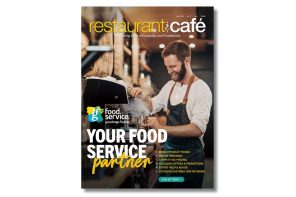Industry reliance on migrant workers must be countered with an aggressive campaign around training and upskilling Kiwis while giving a facelift to careers in hospitality.
With not enough Kiwis wanting to work in hospitality, change needs to happen to how the public views the industry. Seen mainly as a temp job, a way to supplement income while studying, or as a way to travel around the world (pre-COVID) and still earn, careers in hospitality are not high up on the list as an attractive career option.
Low wages, long hours and no viable career path are the main complaints from workers. With little or no incentives to upskill or extra pay for working longer or unsociable hours, COVID-19 has exacerbated the problems in an already ailing industry.
Low pay and poor working conditions in New Zealand have long been an issue. Tolerated by mainly migrant workers who filled the job gaps, any pushback was muted.
COVID-19 has changed all that. With border closures, no migrant workers, problems with existing visa extensions, businesses looked to locals to fill the gaps. They found no one wanted to work in an industry with a reputation of poor pay rates, no overtime, and no incentives.
Overseas higher hourly pay rates and incentivised conditions are much more common, including housing, healthcare, and insurance. While not perfect here in New Zealand, some operators are paying reasonable hourly rates and are offering a workable career path, but most are not.
The main issue is that while customers baulk at paying more for a meal and operators resist raising prices than the combination of rising rents and increased operational costs for operators mean that the workers will continue to lose out.
The question remains around oversupply – do we have too many operators in a market that can’t sustain them.
By Tania Walters, Review Publishing.






